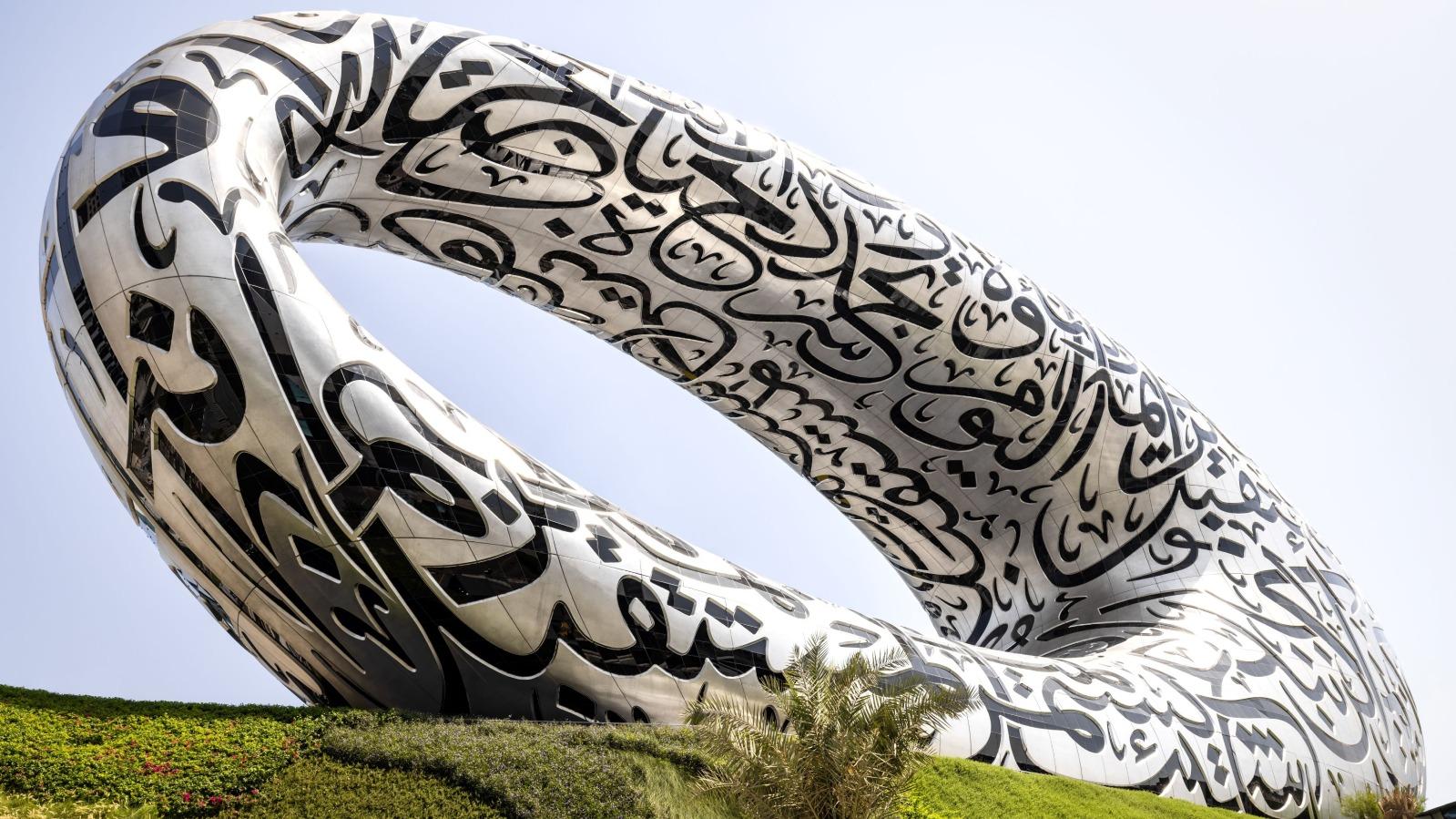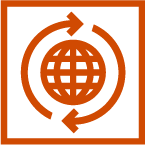Retail & Consumer Sector
Retail & Consumer Sector
- UAE M&A activity in Australia’s Retail & Consumer sector has been inconsistent, totaling 11 deals from 2014 to 2023 with a combined value of A$218 million. The years 2016 and 2022 had the highest number of deals, with a notable increase in deal value in 2022 (A$102.5 million).
There is a recent trend toward larger investments, especially in 2021 and 2022, indicating a growing emphasis on high-value deals in Australia’s Retail & Consumer sector.
Notable investments include partnerships and acquisitions of well-known Australian brands, as well as the establishment of new ventures aimed at capturing market share in Australia's robust and affluent consumer market.





























